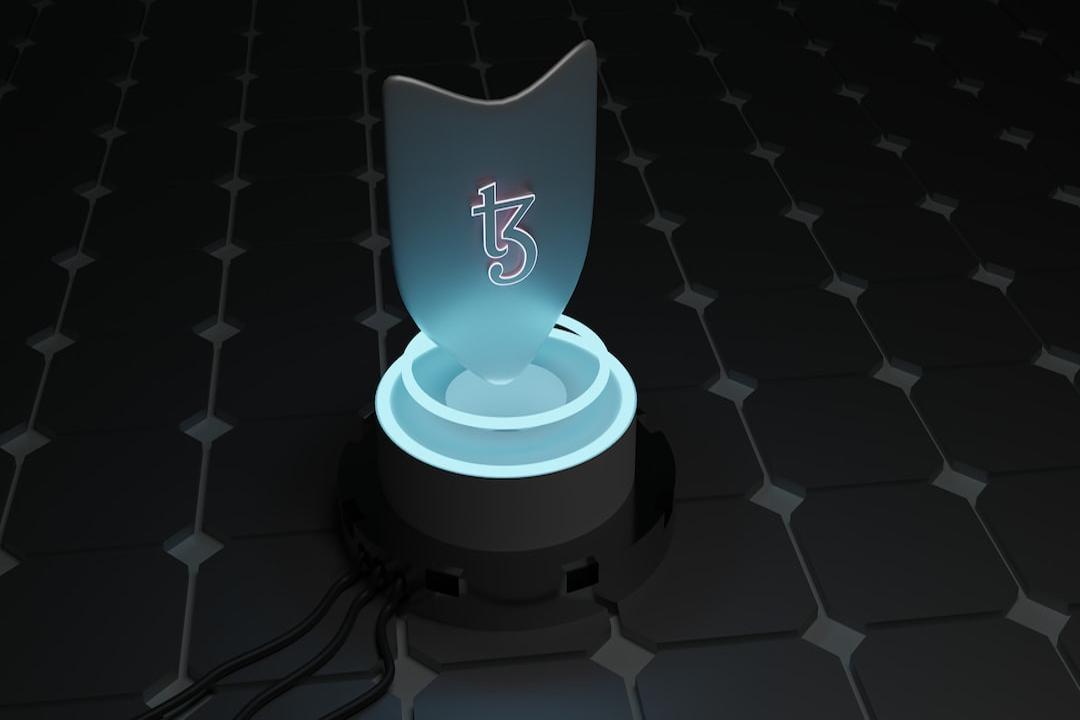A spam attack on the Cardano blockchain recently occurred, prompting developers to work on upgrading the node to prevent future distributed denial-of-service (DDoS) attacks of a similar nature. The attack began on June 25 at block 10,487,530 and aimed to manipulate the blockchain into charging lower fees for high-value transactions. If successful, the attacker could have stolen staked Cardano (ADA) tokens from the network.
During the attack, Philip Disarro, the founder and CEO of Anastasia Labs, along with other Cardano developers, managed to outsmart the attacker and reclaim the stolen ADA tokens, effectively stopping the DDoS attack. Fortunately, the attacker failed to move any of the stolen funds.
Disarro mentioned that there were alternative methods to halt the attack, but his approach proved to be the fastest. He emphasized the importance of thorough testing, independent audits, and caution when deploying new solutions to production, as rushing without proper precautions can lead to vulnerabilities and financial losses.
Intersect, an organization within the Cardano ecosystem, confirmed the attack and expressed gratitude to the developer community for swiftly resolving the DDoS attack. Although the Cardano network remained uncompromised and functioned normally, it experienced a higher load than usual, causing some stake pool operators to be negatively affected by increased block height battles.
To further minimize the impact of such spam attacks, the Intersect task force is collaborating to identify and test potential solutions. Their goal is to fortify the Cardano blockchain against future attacks of this nature.
In other news related to blockchain security, EigenLayer has enhanced EigenDA security to combat Sybil attacks. This development aims to strengthen the security measures within the blockchain ecosystem.
On a different note, Conor Daly, the driver for Polkadot’s Indy 500 team, shared an interesting tidbit: his father holds DOT, the cryptocurrency associated with Polkadot.

